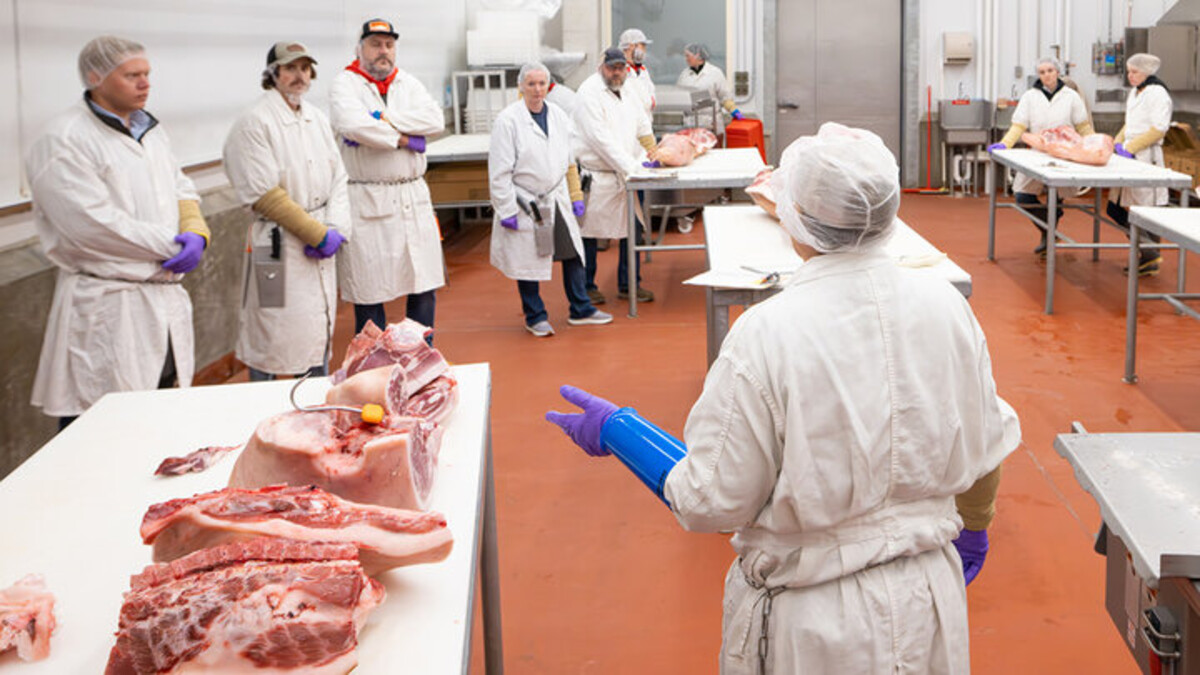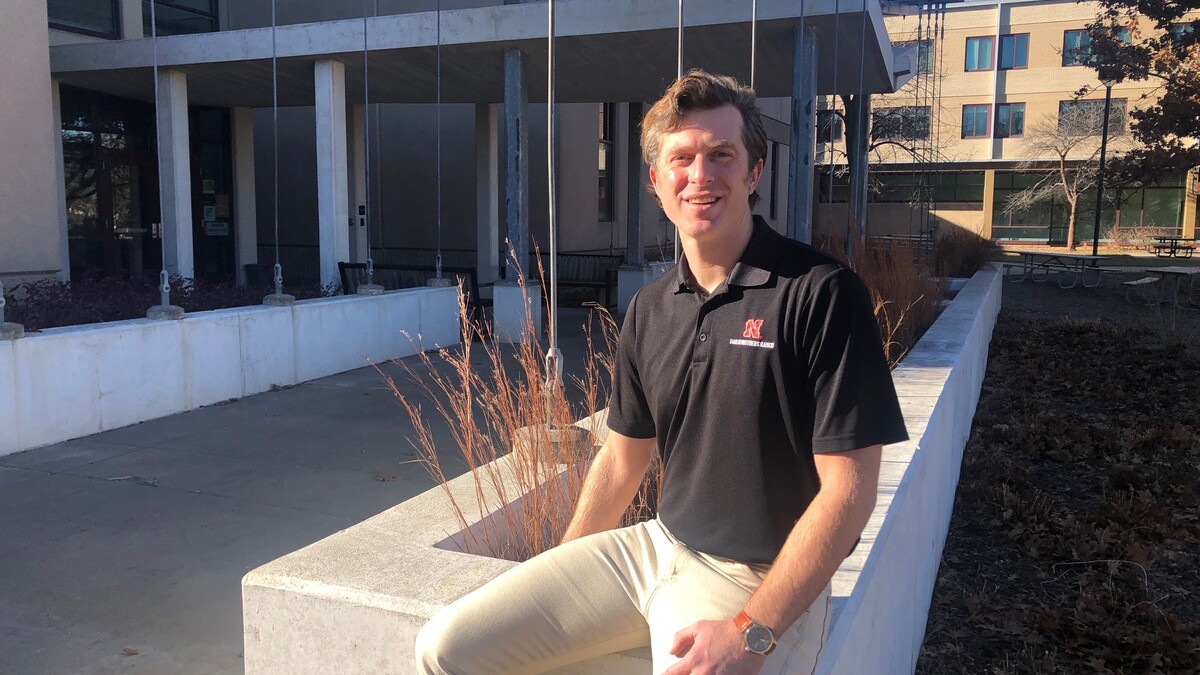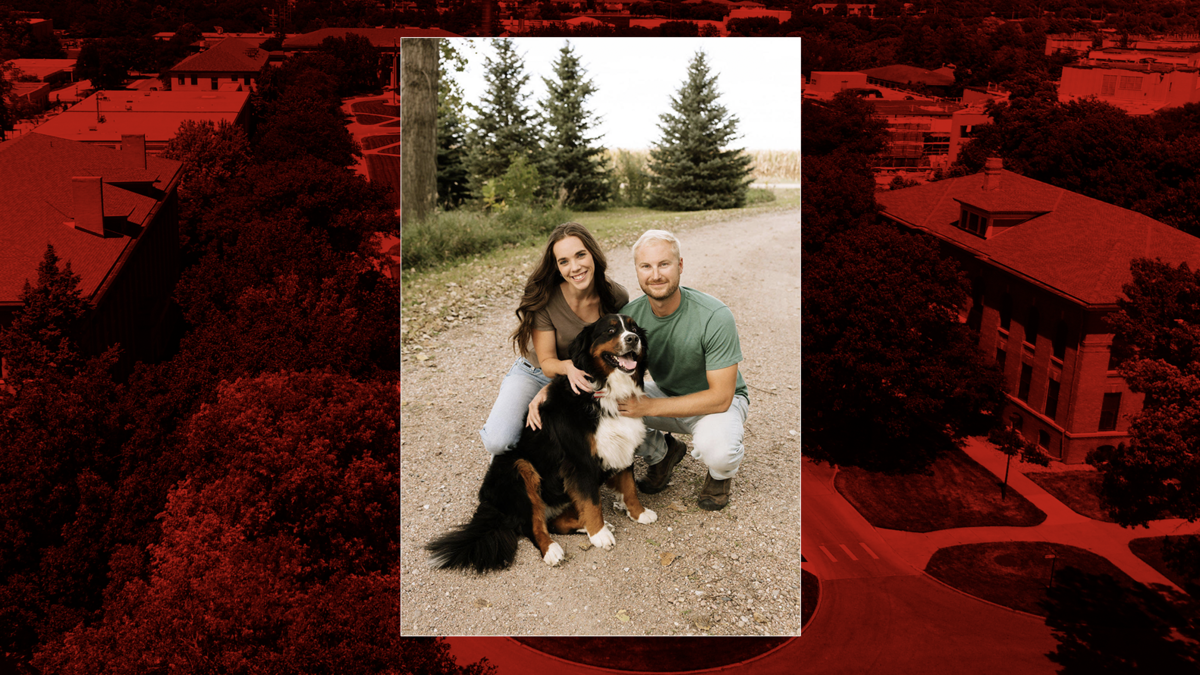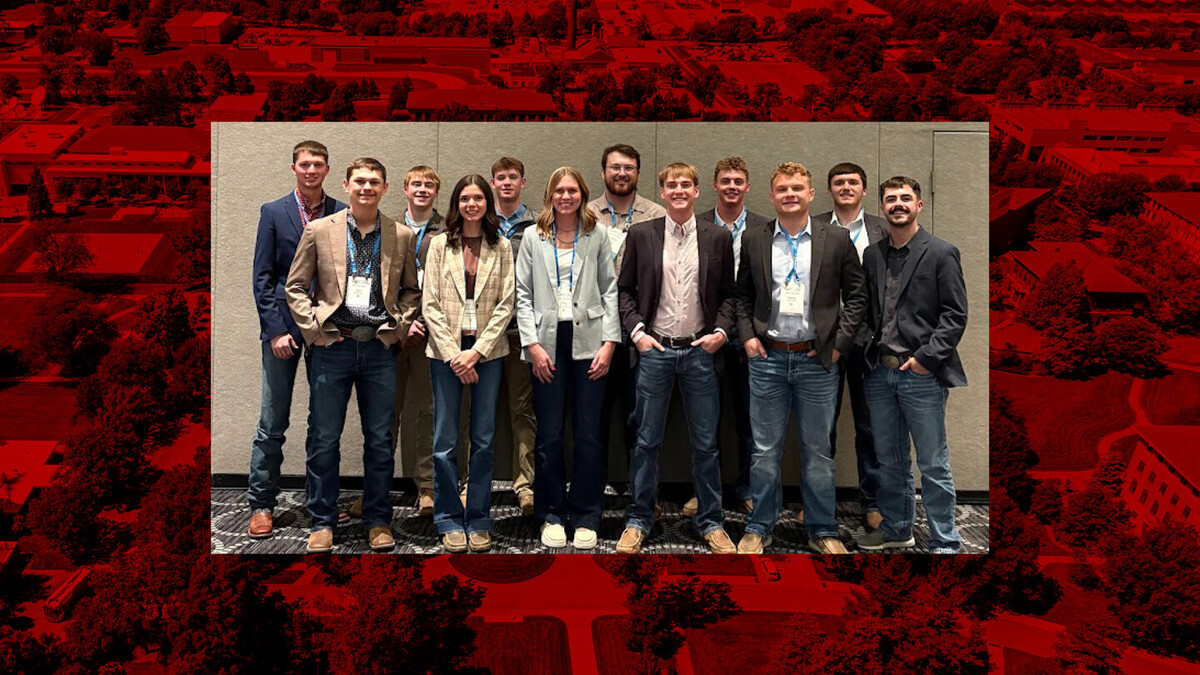Feb. 11, 2014
LINCOLN, Neb. — Using the latest research technologies to help monitor crop nitrogen inputs and their potential impact on the environment and fragile ecosystems will be the topic of a free, public water seminar lecture at the University of Nebraska-Lincoln on Wednesday, Feb. 19.
Daniel Sobota, an ecologist and research associate at the U.S. Environmental Protection Agency's Western Ecology Division in Corvallis, Ore., uses the latest in experimental, modeling and remote sensing research methods to investigate nitrogen's effects on nutrient cycling and organic matter dynamics in fragile stream and river ecosystems.
The research falls within broader questions of what the true costs of nitrogen fertilizer use may be both in terms of enhanced crop production and potential environmental impacts, as well as its impacts on land use activities, particularly agriculture and urban development.
Sobota's lecture is an addition to the University of Nebraska-Lincoln's annual spring semester water seminar series that began in January and runs through April. It will be held at 10:30 a.m., Wednesday, Feb. 19, in the Cottonwood Room of the UNL East Union.
The free, public water seminar lectures are presented by the Nebraska Water Center, part of NU's Robert B. Daugherty Water for Food Institute, and UNL's School of Natural Resources. A list of remaining lectures in the series and videotapes and PowerPoint presentations from lectures already delivered can be found online at watercenter.unl.edu.
Chittaranjan Ray, Ph.D.Director
Nebraska Water Center, part of the Robert B. Daugherty Water for Food Institute
402-472-3305
Steven W. Ress
Communications Coordinator
Nebraska Water Center, part of the Robert B. Daugherty Water for Food Institute
402-472-9549
sress@nebraska.edu
Dan Moser
IANR News Service
402-472-3030
dmoser3@unl.edu







